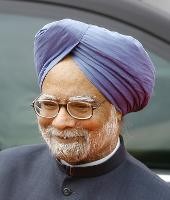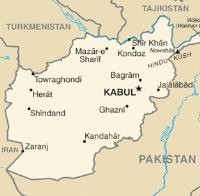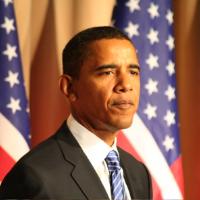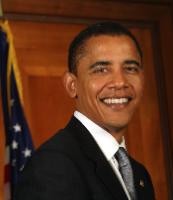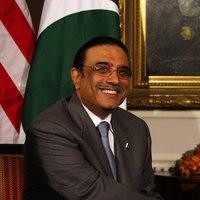
The latest assault in Mumbai has brought fresh tensions to fragile India-Pakistan relations at a time when the Pakistani government had made unprecedented friendly overtures toward its traditional rival. The attacks — which at latest count claimed more than 170 lives, while injuring over three hundred — took place just three days after Pakistan’s President Asif Ali Zardari proposed a “no first nuclear strike” policy with India. According to early news reports, one of the captured attackers revealed under questioning that he was from Pakistan’s Punjab province, belonged to the banned extremist group Lashkar-e-Taiba (LeT), and had been trained in […]

